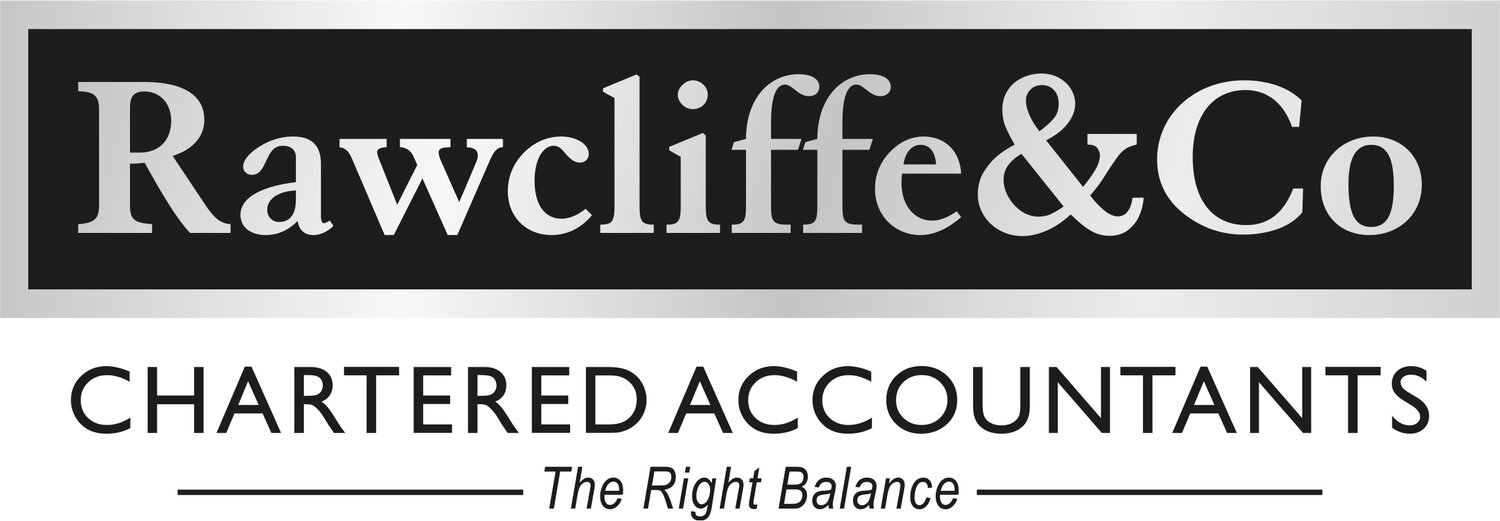Business Tax
Motor vehicles
Continuing the topic on double cab pick-up vehicles, a similar change in approach applies in relation to plant and machinery capital allowances claims. From April 2025, most double cab pick-up vehicles with a payload of 1 tonne or more will need to be treated as cars for capital allowances purposes. This is less favourable than the current common classification as a goods vehicle. While the change applies from April 2025, if the expenditure was incurred as a result of a contract entered into before 1 April 2025 for companies, or 6 April 2025 for non-corporate businesses, and the expenditure is incurred before 1 October 2025, it can continue to be treated as a goods vehicle.
Also on motor vehicles, it was confirmed in the budget that the 100% first-year allowance for zero-emission cars will be extended until 31 March 2026 for corporation tax and 5 April 2026 for income tax.
Making Tax Digital (MTD) for Income Tax
Under the government’s MTD for income tax initiative, businesses will be required to keep digital records and send a quarterly summary of their business income and expenses to HMRC using MTD-compatible software. These requirements will be phased in from April 2026, starting with income tax-paying sole traders and property landlords with combined trade and rental income of more than £50,000.
This threshold will be reduced to £30,000 from April 2027 and to £20,000 by the end of this parliament.
Eligible businesses are currently able to opt-in to HMRC’s beta testing programme. Please talk to us if you’d like to know more.
Electronic invoicing
In Spring 2025, the government will launch a consultation about electronic invoicing (e-invoicing) to gather input from businesses on how HMRC can support investment in e-invoicing and encourage uptake within the business community. As part of the government’s digitisation strategy, e-invoicing is likely to be mandatory in future.
Business rates
For 2025/26, retail, hospitality and leisure (RHL) businesses will be given a 40% relief on their business rates. The small business tax multiplier, which applies to properties with a rateable value of less than £51,000, will also be frozen next year.
The government is looking at longer-term measures to support RHL businesses and intends to permanently lower tax rates from 2026/27 for RHL properties with a rateable value below £500,000.

